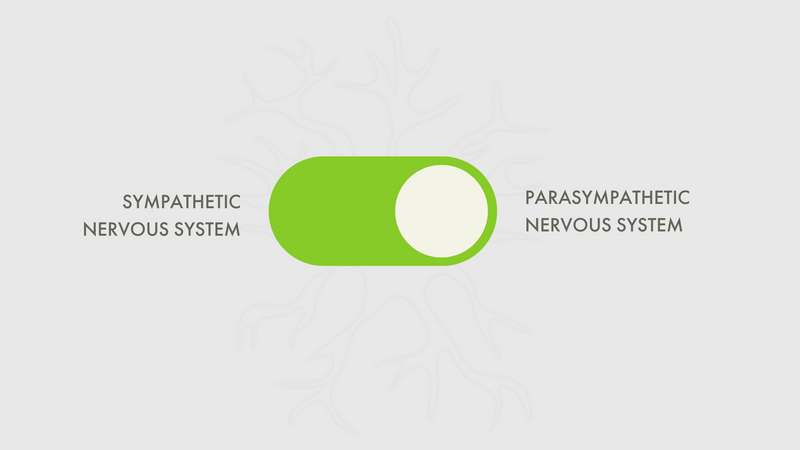“The death hormone”. “Public enemy no. 1”. “Why you should stress about the stress hormone”.
A quick search on cortisol on the internet and you’re met with these brutal remarks. A little harsh for a hormone that actually saves our life, don’t you think? If cortisol had a publicist, it would be knee deep in trying to cover up the mess of all the bad PR it has gotten over the years!
In my last blog on stress, I spoke about the science behind a burnout. But I think we need to talk a little more about the main character in the story a little more, i.e. cortisol itself. So let’s dive into it!
But first, what does cortisol actually do?
When we think of stress, we think of cortisol. After all, it is called the stress hormone. And while stress is often termed negative, there is so much more science behind the mechanism of this hormone.
The Good Side of Cortisol
When faced with a stressful situation, your body goes into a fight-or-flight mode, and cortisol is released to help you deal with the threat. Imagine you’re a caveman (or cavewoman), and a saber-toothed tiger suddenly appears. Your brain signals the release of cortisol, which increases your heart rate, pumps more blood to your muscles, and gives you the energy to either fight the tiger or run like the wind.
In our modern world, the saber-toothed tiger might be an angry email from your boss, but the principle is the same. But it’s not all doom and gloom. Did you know that cortisol is actually responsible for our sleep-wake cycle too? That thing that makes you wake up in the morning and the reason behind you feeling tired at night, it’s all cortisol. In the morning our cortisol levels rise, to help you focus and power through the day and at night the levels dip to help our body wind down to fall asleep. So having high levels of cortisol in the morning is perfectly okay and in fact beneficial. (within healthy ranges of course)
In small doses, cortisol is our ally, helping you navigate life’s challenges. Cortisol helps you stay alert, focused, and ready to tackle whatever comes your way.
When Cortisol Goes Rogue
This is cortisol as we know it. The internet’s favourite villain! When cortisol levels remain high for long periods, that’s when the problem arises. This is what we call chronic cortisol. Unlike the occasional stress burst that helps you escape from danger, chronic cortisol is like that unwanted house guest who overstays their welcome. (and eats all your snacks)
When our body is under constant stress (think emails, WhatsApp messages, watching netflix past your bedtime), our hypothalamus-pituitary-adrenal (HPA) axis is constantly activated. This axis is a communication highway between your brain and your adrenal glands. When the HPA axis is always “on”, your body keeps pumping out cortisol. Over time, this can lead to cortisol resistance, where your body needs more and more cortisol to achieve the same effect. Think of it as building a tolerance to coffee – eventually, that single cup in the morning just doesn’t cut it anymore.
How to break the cycle of chronic cortisol?
Now that we know chronic cortisol is the real enemy, how do we keep it in check? Here are a few ways that helped me in the past:
- Mindfulness & boundary management: The turning point for me when I was going through a burnout due to chronic high cortisol levels was beginning therapy. Being mindful about what serves me and creating boundaries around things that don’t, really helped me make space for myself more.
- Good quality sleep: Prioritize good sleep hygiene by establishing a regular sleep schedule, creating a relaxing bedtime routine, and making your sleep environment comfortable. Remember, you’re not a machine; you need rest.
-
Let oxytocin flow: Spending time with loved ones, friends, and even pets can boost your mood and reduce stress. So go ahead, hug your dog (or cat) and have a good laugh with a friend. Here’s a picture of Itsy and me, we like to spend some time together before bed!

- Herbs are allies: In my practice, I love using nervines to help regulate the nervous system. These adaptogens shift our nervous system from "fight or flight" to "rest and digest," making them great for deepening our body's ability to rest. I've added them to our Bring Me Bliss mix, which helps with stress relief and supports a healthy, strong nervous system.
A Friendly Reminder
While it’s important to manage stress and keep cortisol levels in check, it’s equally crucial to remember that occasional stress is normal. Life is full of ups and downs, and sometimes, a little stress can be a motivator. The goal is not to eliminate stress completely but to prevent it from becoming chronic and overwhelming.
So, the next time you find yourself stressed out, remember: cortisol isn’t the enemy. It’s there to help you tackle challenges and stay alert. By understanding and managing cortisol, you’re not just surviving – you’re thriving.




























